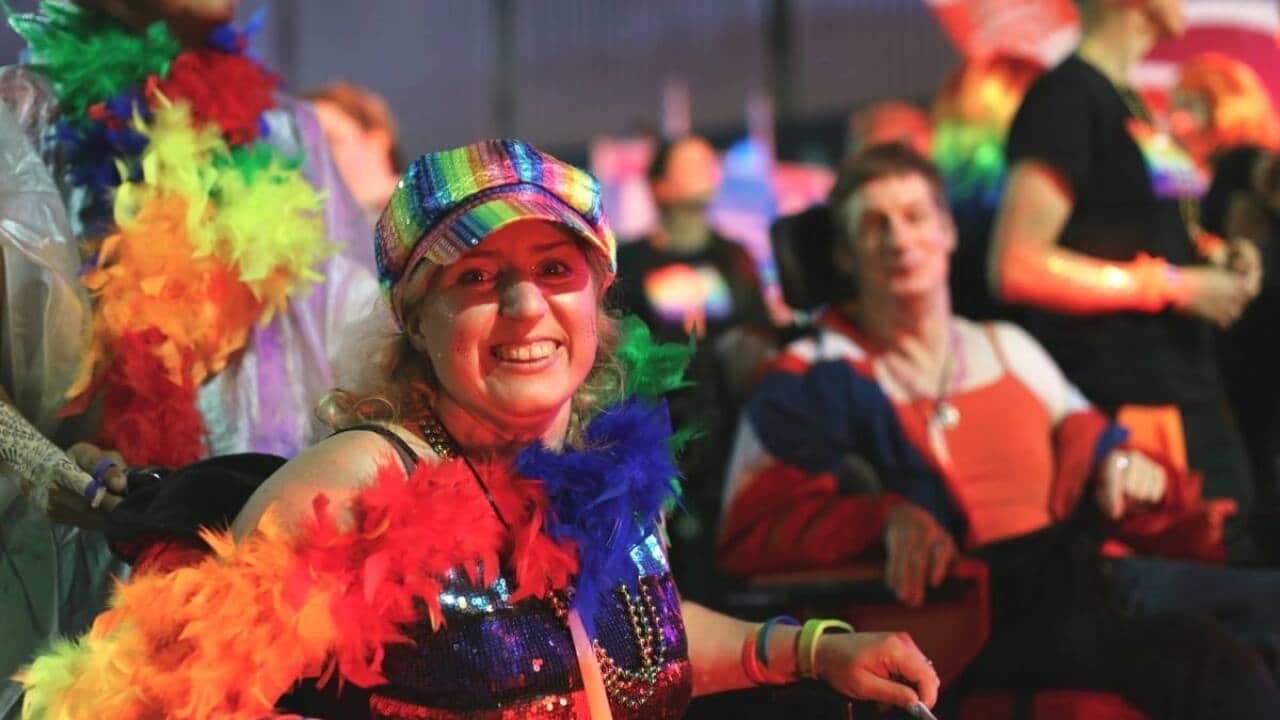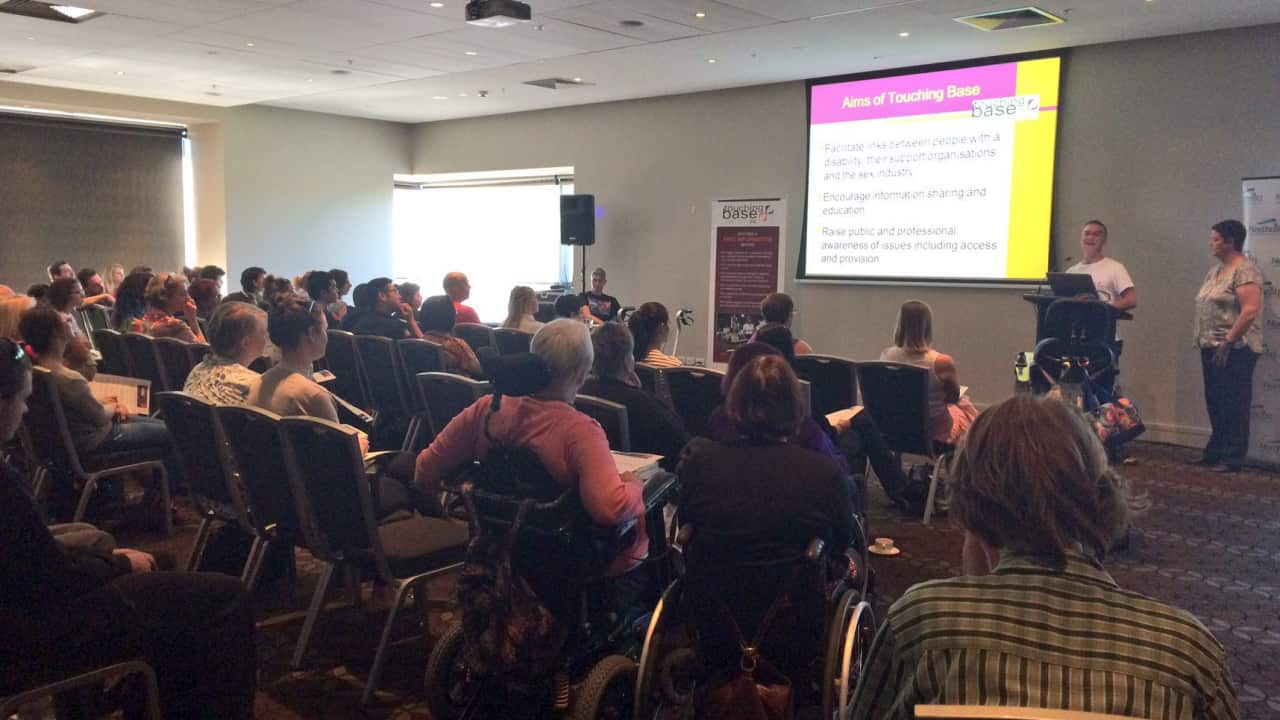Being diagnosed with Autism at five years old and dealing with several sensory and cognitive impairments from birth, I didn’t develop any sexual interest towards other men until I was 14.
Unlike my older sister and younger brother who effortlessly found someone to be with, I had to look for substitutes including pornographic movies, fan-fiction erotica and discreet late-night viewings of Queer as Folk on SBS with the volume turned down to mute.
Even now as an adult, when I use mobile dating applications such as Grindr and Tinder or social media networking sites including Facebook Messenger on my smartphone if frustrated or bored, sexting has given me a virtual outlet to wrangle and subdue my hormones.
When I nervously signed up to Grindr in 2015 and then Tinder last year, I forfeited any naive perception that any gay, bisexual or pansexual single man would feel instant arousal towards me, share nude selfies or set-up a hook-up session either at their house or mine. Just creating my profile was unnerving, but I motivated myself to do it as the thought of having another man in bed with me was too glaring to rebuke.
Deciding on what to put into my profile, I assessed whether I should disclose my disability or stay anonymous so not to be ostracised. I decided not to as I was scared about how my ‘matches’ might react to it and I didn’t want to risk feeling ridiculed and desexualised. When using apps like Grindr and Tinder, romantic fulfillment is not always the objective goal. Sometimes you meet unidentifiable men looking for a quickie or casual fling. I frequent both apps less now as I hate getting ghosted and blocked because users misinterpret my intent to be upfront, while flirting or sexting back and forth to them.
When using apps like Grindr and Tinder, romantic fulfillment is not always the objective goal. Sometimes you meet unidentifiable men looking for a quickie or casual fling. I frequent both apps less now as I hate getting ghosted and blocked because users misinterpret my intent to be upfront, while flirting or sexting back and forth to them.

Jarad shooting with SBS Viceland's The Feed. Source: Facebook, Provided.
When I attempt to act flirtatious and seductive, bland phrases including ‘hey’ or ‘what ya doing?’ emerge without thinking twice. I have disclosed who I really am to at least three users on Grindr about being autistic and was given very despondent replies.
But one gut-wrenching incident caused me to rethink this precedent of finding sex with men online as tempting or risqué. I got berated as being unsexy, looking fat and having poor teeth just from one photograph in my profile. You could laugh this abusive tirade off, delete/block him then forget about this exchange but then you are left jaded as that person has callously demeaned you for expressing your sexual desires and fantasies.
This has made me more self-conscious, but I have managed to resist that reluctance by focusing on finding sexual partners who are open-minded.
Online dating has unfurled this superficiality of male homosexuality that ostracises anybody who does not identify as cisgender, neurotypical or overtly-aggressively masculine. Disability can be sexy, erotic and desirable, yet we are desexualised because society renders us as incapable of consenting to sex with other adults or unable to orgasm.
Over two months ago, I was approached to do an interview for SBS Viceland’s The Feed program. I didn’t think that my own personal narratives of being autistic and openly gay in 21st century Australia would garner such a strong empathic response from those who have also felt prejudiced against or judged for wanting to find intimacy and love in a very heteronormative, neurotypical and conformist society.
Hopefully I'll meet someone who sees me as I see myself. Although I fear that one day I will visit these apps and disabled queer men and women will become blocked as an exclusionary preference category comprised of one hashtag #NoCrips, like targeting those who are ethnic, multiracial or transgender.
I refuse to be maligned to societal desexualisation or blatant ableism for that matter.



